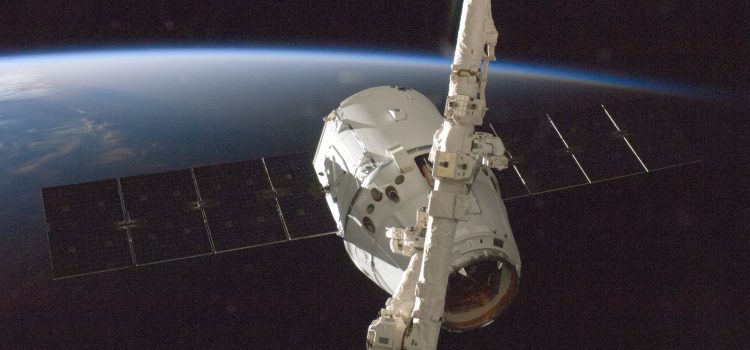
Japan’s space technology company, Ispace, suffered a significant drop in its share price following the failure of its lunar lander mission. Ispace is one of the few companies that are focused on lunar exploration and has been developing its lunar lander and rover technology for several years.
The company’s lunar lander, known as the Hakuto-R, was launched on April 28th from the Tanegashima Space Center in southwestern Japan. The Hakuto-R mission was intended to test the performance of the lunar lander and its ability to travel on the moon’s surface. However, the mission ended in failure as the lander crashed onto the moon’s surface, causing a significant setback for Ispace’s lunar exploration plans.
Following the news of the failed mission, Ispace’s shares tumbled by more than 40% in a single day, with the company’s market value dropping by approximately $130 million. The sharp decline in Ispace’s share price highlights the risks and challenges associated with the space exploration industry, where the cost of developing and launching space technology is high, and the risks of failure are significant.
Ispace was founded in 2010 and has been developing lunar exploration technology, including its lunar lander and rover, as part of its long-term strategy to explore and utilize resources on the moon. The company has raised significant funds from investors, including Japan Airlines, Tokyo Broadcasting System Holdings, and Suzuki Motor.
The Hakuto-R lunar lander was developed with the support of the Japanese government, which is also keen on promoting lunar exploration as part of its space policy. The Japanese government has set a goal to send a Japanese astronaut to the moon by the mid-2030s and is investing in space technology companies like Ispace to achieve this goal.
Despite the setback, Ispace is determined to continue its lunar exploration plans and is already working on its next lunar mission, which is scheduled for launch in 2022. The company aims to launch its first commercial lunar mission in 2023, which involves the delivery of payloads to the moon’s surface for customers such as NASA and JAXA.
Ispace’s failed lunar mission serves as a reminder of the risks and challenges associated with space exploration, particularly for companies that are relatively new to the industry. However, it also highlights the importance of continued investment in space technology and exploration as it can lead to significant scientific and economic benefits, including the development of new technologies, the discovery of new resources, and the advancement of space-based industries.
As companies like Ispace continue to push the boundaries of space exploration, it is crucial for investors and policymakers to recognize the inherent risks and uncertainties associated with the industry and continue to support the development of space technology and exploration in a responsible and sustainable manner.









